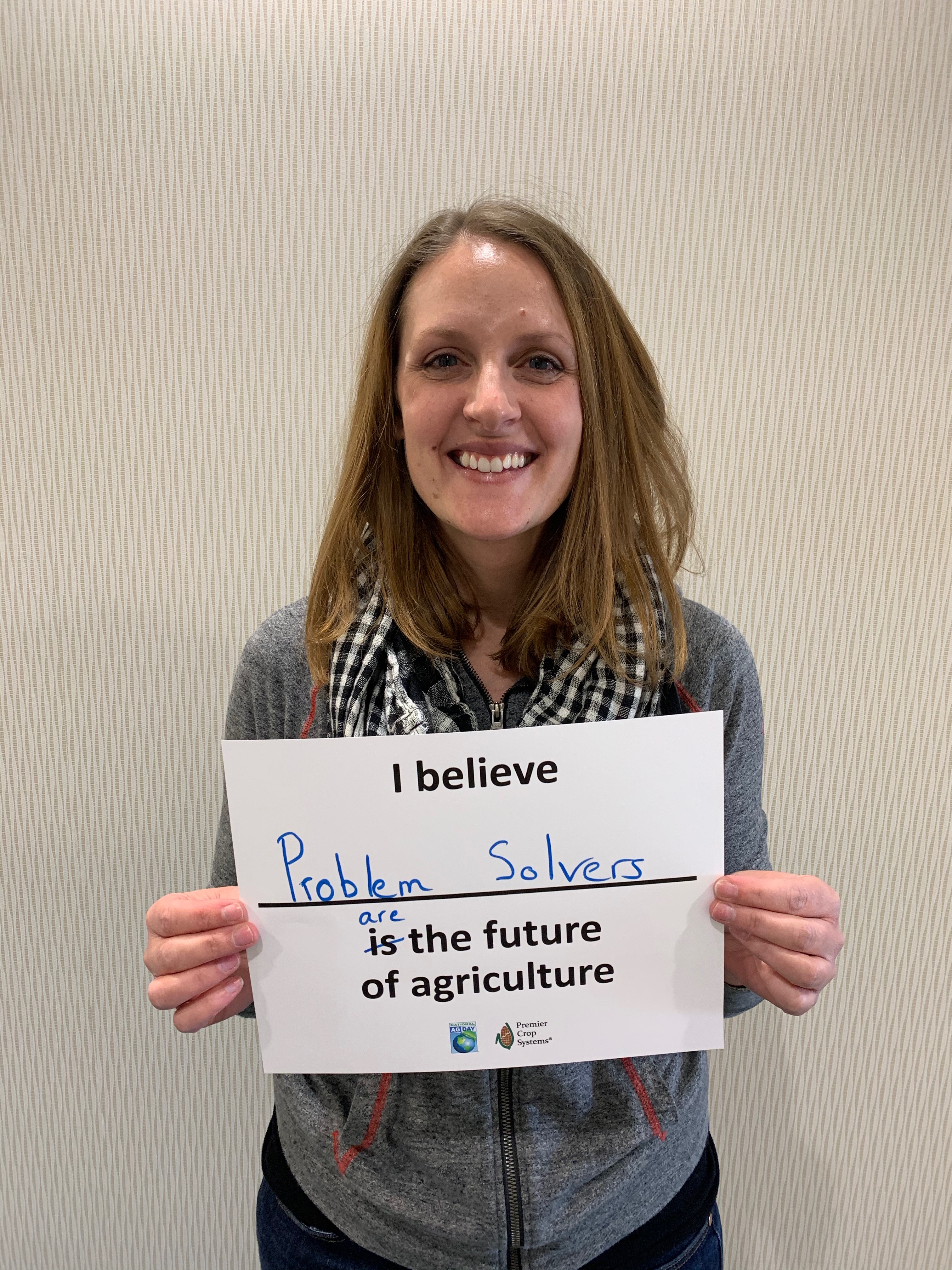A look at Emergence in West Central Iowa
With planting finished up and warm weather finally here, crop scouting can provide valuable information about crop conditions and give early indications about issues that may impact final yield. The DataView app is a great tool to help make scouting easier and more efficient.
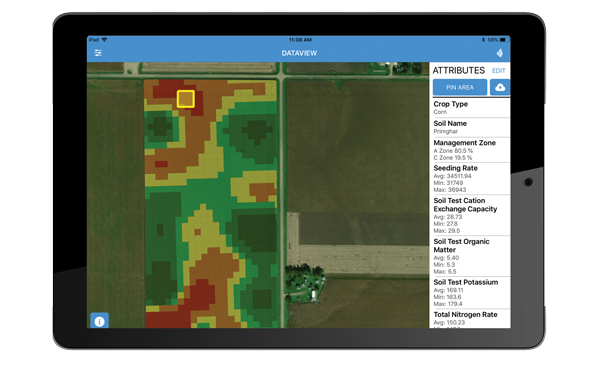
Stand counts are a good first check to see if there were any issues with germination or emergence. Using the DataView app allows you to see where you are at in the field to help validate zone placement, and check population based on management zones. You can check for differences in emergence based on hybrid or variety planted. If you see any issues that you want to keep track of throughout the season such as nutrient deficiency symptoms, herbicide damage, or other areas of concern, you can pin the location to make it easier to find as the season progresses.
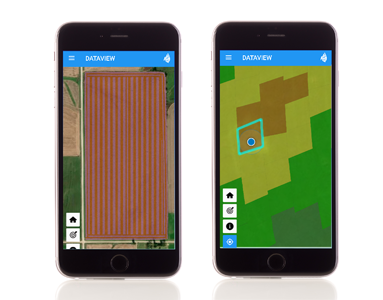
While doing counts this week in Guthrie and Audubon counties, in Iowa, growers are noticing uneven emergence and an average of 6-8% stand reduction from the planted population. Evaluation of the areas where no plants emerged showed seeds germinated, but leafed out and rotted underground.
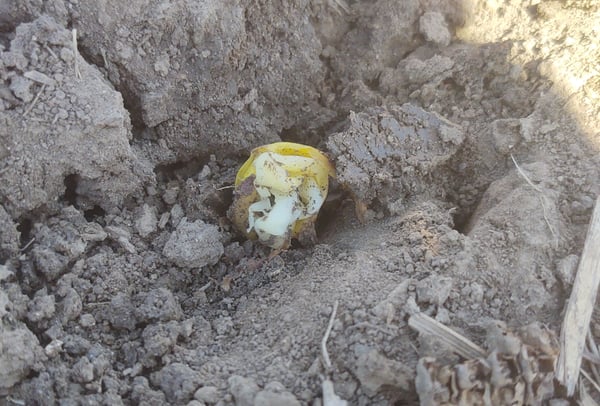
Warm weather during and after planting allowed good germination, but cool weather in May slowed growth and development. When warmer weather resumed, some plants didn’t have the energy to make it out of the ground, resulting in lower than normal stand numbers this year. Although nothing can be done about this, knowing about any stand issues will help better illustrate and understand the data at the end of the season.
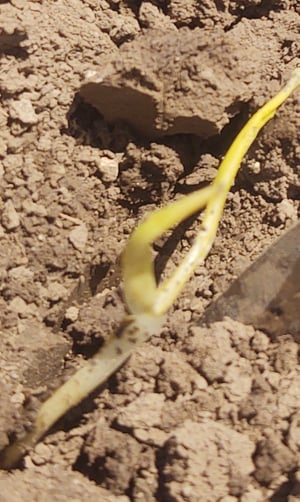
Other things noted during this first week of June were nutrient deficiency symptoms from slow root growth during the cooler weather. Purple coloration on the lower leaves and stalks from accumulated sugars has been showing up this week. Phosphorus is needed to take up these sugars, and slow root growth results in phosphorus deficiencies in young plants. Zinc deficiency due to slow root growth is also commonly seen during cool weather as interveinal chlorosis on the newest leaves. As warm weather continues and root growth speeds up, the interveinal chlorosis and purpling will disappear.
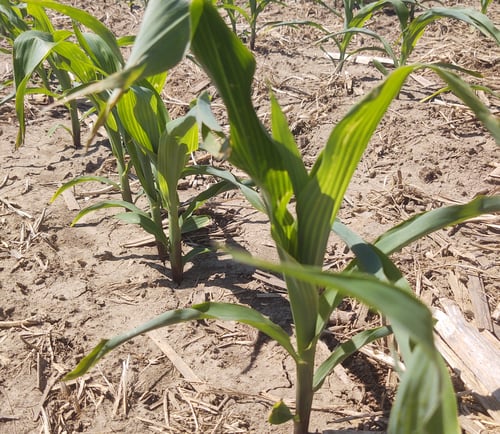
Staying on top of your crop condition throughout the year helps build the story of the season, and helps you get more out of your data at harvest time. Using the DataView app is a great way to visualize and keep track of what’s happening in your fields!

